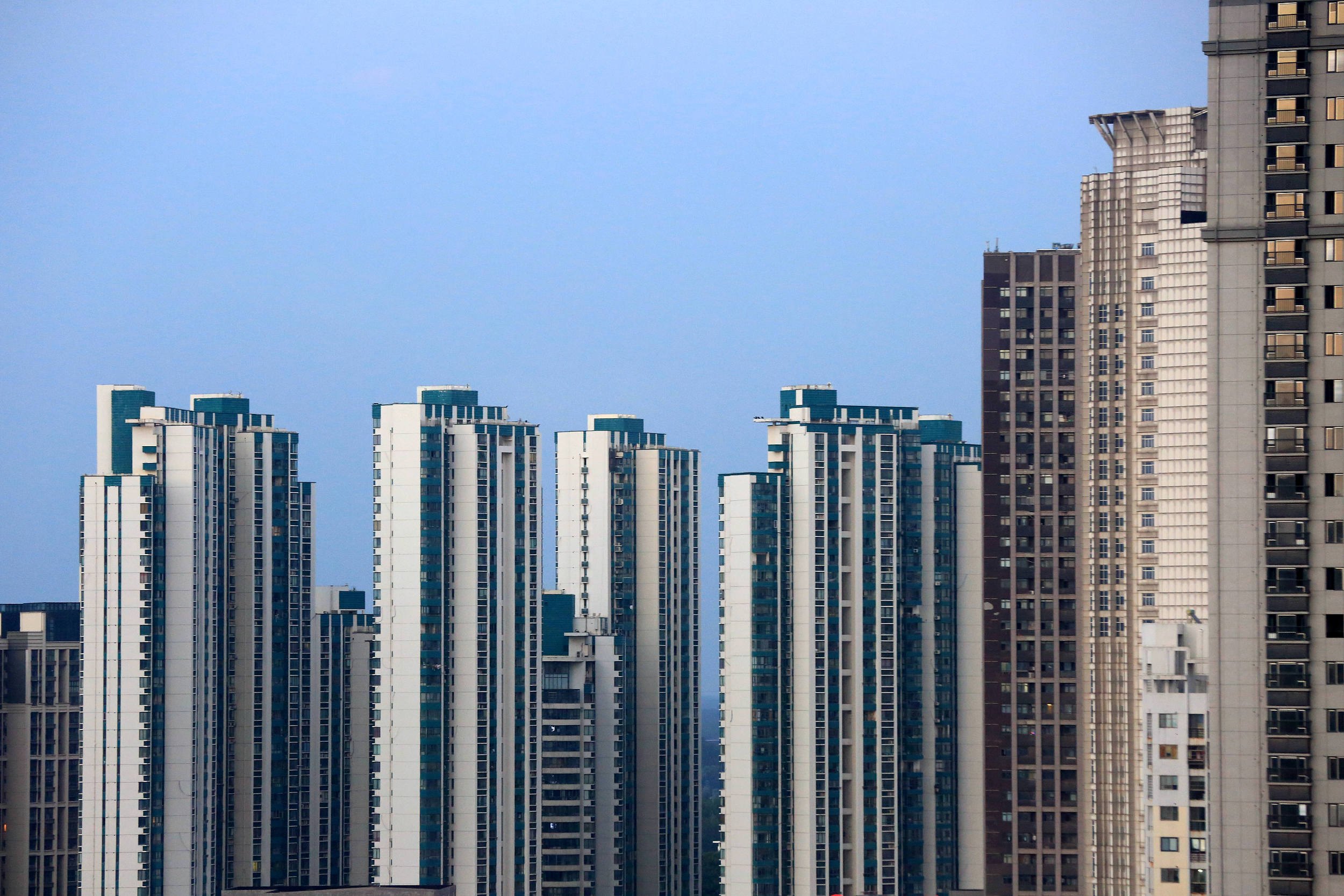
(Photo: VCG)
China’s housing market continued its rise throughout the first half of 2018. As many expect easier fiscal policies to be rolled out, property prices may continue trending upward. So cities across the country are starting to act.
Southern city of Shenzhen, China's fastest growing city, recently announced heavy measures to reign in the warming real estate market, one being a three-year transaction ban after purchase.
Having been in the industry for almost three years, Liu Zhiyong, a real estate agent said he, as well as residents in the city, is used to this kind of measures, as Shenzhen authorities have regularly taken containing measures whenever the sector warmed up.
"For now the reaction from both sellers and buyers has been stable. No sharp jump or decline. We see this often," Liu told CGTN.
"I think this round of measures is quite powerful," a local resident told CGTN. "And I gather that even if it doesn't work, the government will put out more powerful ones to stabilize the market."
Shenzhen is not the only first-tier city vowing not to go easy on the heating real estate market. Shanghai has reiterated it’s not lifting buying and mortgage curbs, while Beijing said it’s standing firm with its own restrictive policies.
Across the country, some 200 policies have been announced in the first half of this year to reign in speculation and price hikes.
Real estate analyst and director at Shenzhen Beike Research Institute Xiao Xiaoping said she sees China’s housing market in big cities getting more rational day by day.
"In Shenzhen’s case, it’s now shaving off unwanted speculation and demand, while also providing more affordable housing to amp up much needed supply. So it’s getting more balanced and stable. And the same trend is there for other first-tier cities," she told CGTN.
A stable housing market is one of China's most important economic goals for the second half of 2018, according to a statement issued after the mid-year economic gathering of the Political Bureau of the Communist Party of China (CPC) Central Committee.
But Xiao said stability means a different thing for some smaller cities.
"We have to caution cities and towns that are losing population to bigger cities. While such places also have more land for development, as speculation dwindles they may see demand slashed, therefore the market will fluctuate."
But that might be what such cities need to go through for a healthy and stable housing market.


